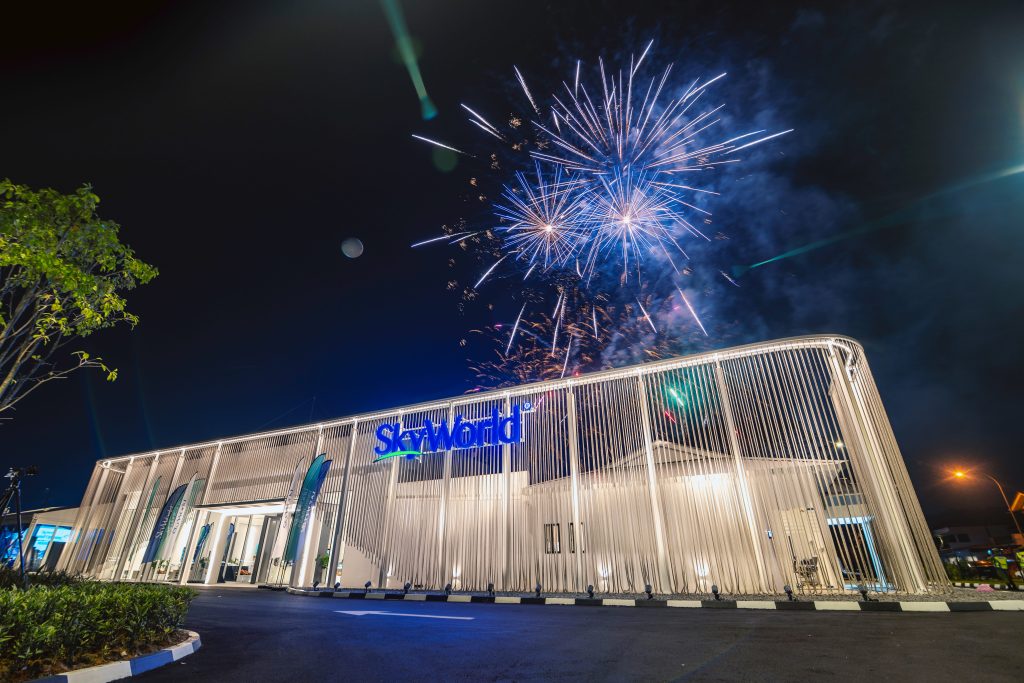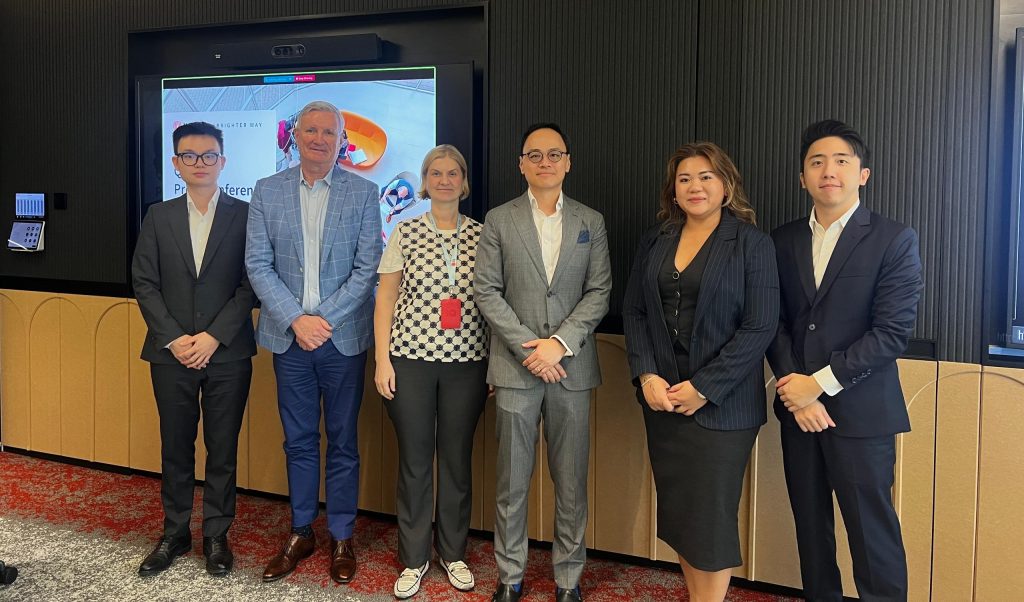By Yip Wai Fong
KUALA LUMPUR: Despite tariff uncertainty, the industrial and logistics sector in key hotspots like Klang Valley, Johor and Penang is showing strong growth during the first half of 2025 (IH 2025), according to JLL Malaysia.
Strong demand continues for factory space, with occupiers actively seeking quality industrial assets in these established manufacturing hubs. In Greater Kuala Lumpur, robust growth is seen with the completion of approximately two million sq ft of Grade A warehouse space, located in Pulau Indah, Shah Alam and Kota Elmina.
JLL Malaysia logistics and industrial division’s Derek Yap said the substantial addition was met with robust demand, driving vacancy rates down significantly from 3.9% in the previous quarter to just 2.0%. Demand is primarily fueled by e-commerce, the automotive sector, electronics and electrical industries as well as third-party logistics providers.
“Of course, due to the tariff uncertainty, many of our clients are evaluating and putting their projects on hold, but because of Malaysia's strategic location, and we have good ports – Tanjung Pelepas, Port Klang – and our (strong) ecosystem and talent pool are an advantage for the sector,” Yap said, adding that the Johor-Singapore Special Economic Zone (JS-SEZ) and the China Plus One strategy adopted by multinationals also contribute to the overall positive outlook.
“Demand is still resilient for the industrial and logistics sector; there have been a lot of enquiries from Singapore due to the JS-SEZ development, as well as from China and Western countries,” he said.
Uncertainty due to AI chip export control
After a period of rapid expansion for the past few years, the data centres market in Malaysia, led by Klang Valley and Johor, has entered into a maturing phase with investments tending towards quality rather than speculative.
“The market now favours data centres committed to sustainable growth with established long-term business plans, rather than speculative operators who merely secure power and water resources without genuine development intention,” said JLL Malaysia data centre transactions and capital market division’s Sum Chun Kit.
The sector now has 638MW of completed capacity, 1,300MW under construction and a future pipeline exceeding 3,450MW. Rising costs across the development chain, stricter regulations and approval processes have led to a shift toward strategic partnerships rather than outright land purchases, Sum added.
“A prime example of effective industry collaboration is the built-to-lease model by Sime Darby Property (SDP) at its Elmina Business Park. Under this arrangement, SDP manages all infrastructure requirements, including power, water and facility construction, allowing end customers to simply lease the ready-to-operate facility,” Sum elaborated.
The data centre market, however, is not spared from uncertainty arising from the US's AI chip export control.
“Operators have been buying land to develop data centres in the coming years. But it will depend on how easily the operators can access the chips or what type of usage they are for. Although now Nvidia’s H20 chips are allowed, Malaysia is restricted from accessing the more powerful chips,” said Kent Seet, also from JLL Malaysia's data centre transactions and capital market division.
Seet was referring to recent reports of Nvidia’s claim that it has obtained US approval to resume selling its H20 chips used for AI development to China, after the initial ban in April. Prior to the claim, the US had announced plans to restrict Nvidia’s chip shipment to Malaysia and Thailand, which led to Malaysia’s tightening of the shipping of US's high-performance AI chips out of its borders.
“(While) we still don’t know whether things will turn around through negotiation, as far as we are concerned, we see the sector is still growing strongly and steadily, and the most important thing is that the speculators have been filtered out and the market is developing naturally,” Seet said.

Malaysia’s data centre market has evolved to favour investments committed to sustainable growth, said Sum.

While the AI chip export control poses uncertainty to data centres, it is more important that the market has now filtered out speculators, Seet said.
Stay ahead of the crowd and enjoy fresh insights on real estate, property development and lifestyle trends when you subscribe to our newsletter and follow us on social media.



















































